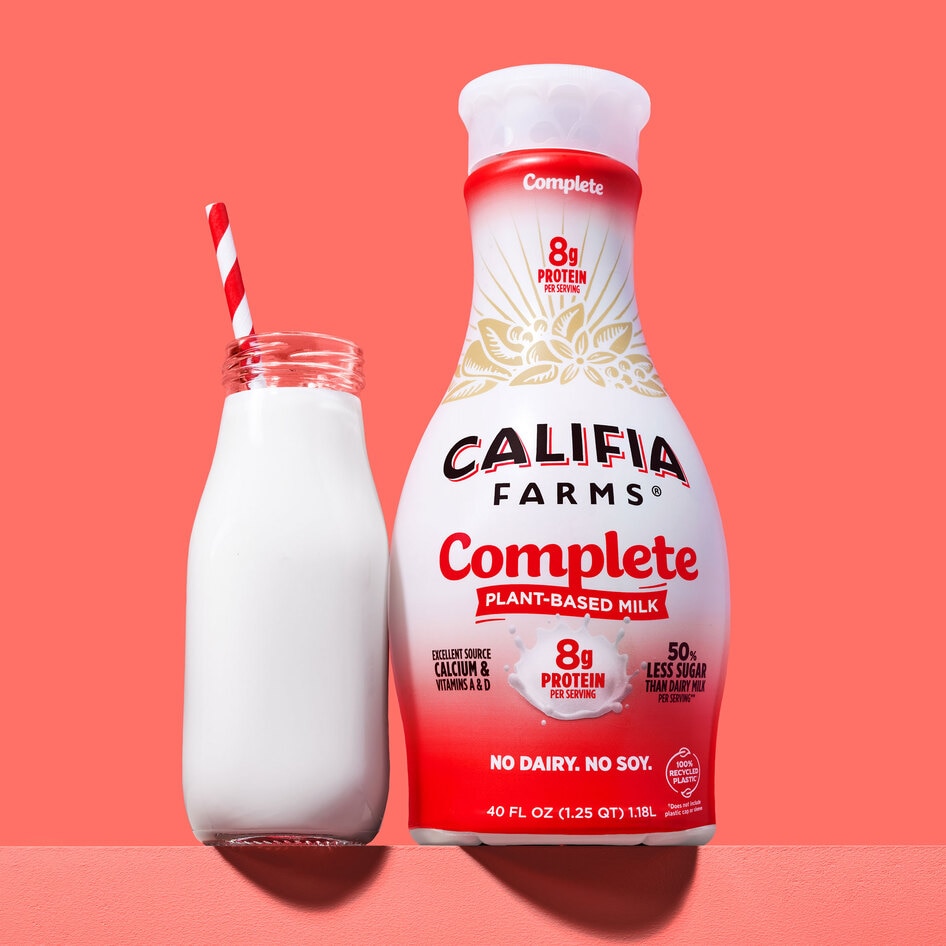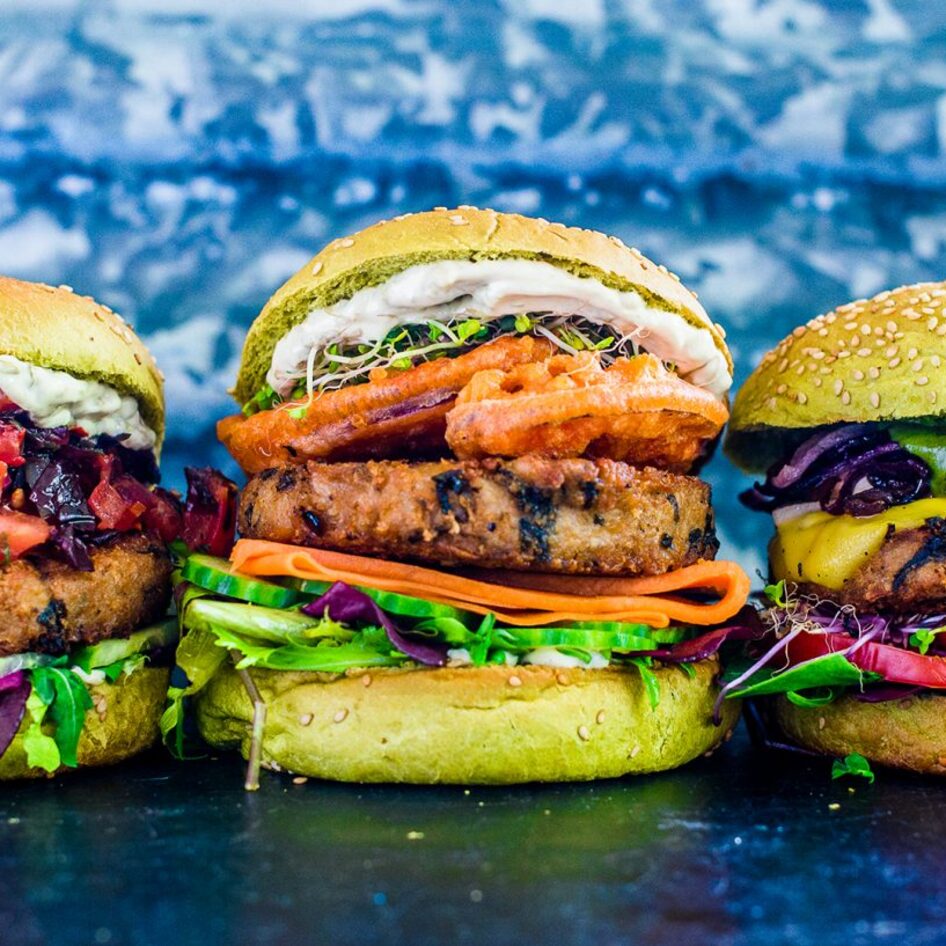Endlessly recyclable plastic is now possible thanks to researchers at the United States Department of Energy’s (DOE) Lawrence Berkeley National Laboratory (Berkeley Lab) in California. The scientists recently published a report outlining their development of polydiketoenamine (PDK)—a material similar to polyethylene terephthalate (PET) with a few key differences. “Most plastics were never made to be recycled,” the report’s lead author Peter Christensen said. “But we have discovered a new way to assemble plastics that takes recycling into consideration from a molecular perspective.” The structure of most plastics is comprised of large molecules called polymers which are themselves made up of smaller carbon containing monomers. To create items such as water bottles, bags, multi-colored straws, and stretchy foodservice wrap, manufacturers add various chemicals and fillers to give plastics desired qualities—which makes recycling different plastics together difficult as the end result is unpredictable and/or undesirable. The Berkeley Lab researchers discovered a way to close this loop with PDK, which is “circular” as it breaks down into its original molecular structure with the application of acid and can be reused nearly endlessly before being turned into fuel at the end of its lifespan. “We’re at a critical point where we need to think about the infrastructure needed to modernize recycling facilities for future waste sorting and processing,” lead researcher Brett Helms said. “If these facilities were designed to recycle or upcycle PDK and related plastics, then we would be able to more effectively divert plastic from landfills and the oceans. This is an exciting time to start thinking about how to design both materials and recycling facilities to enable circular plastics.” The scientists are currently looking for licensing and collaboration opportunities in an effort to halt plastic pollution.
JUMP TO ... Latest News | Recipes | Guides | Health | Subscribe







